
Changemaker’s Playbook
Your monthly digest on how you can make personal and community change for a kinder, more equitable world.
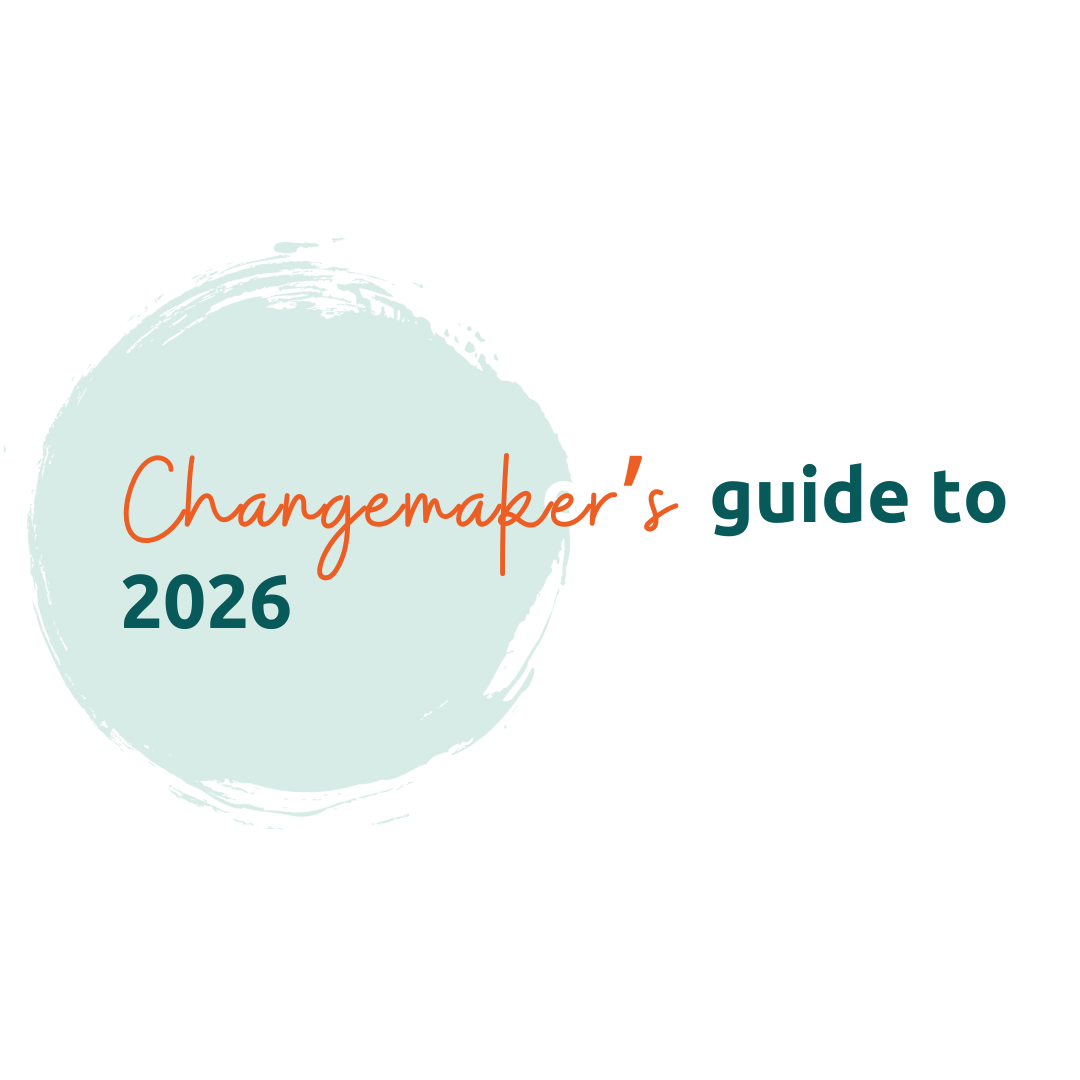
Four Challenges We’re Facing in 2026
It’s no secret that 2025 was a tough year for changemakers. Funding structures shifted dramatically. Longstanding priorities were rewritten. Attacks on fundamental rights intensified. All of it unfolded alongside a rapid pace of change that made it difficult to plan, stabilize, or catch our breath.
I’ve spoken with nonprofit leaders, advocates, business owners, and public servants who all described a similar feeling when the year ended: gratitude to close the chapter, paired with uncertainty about what comes next.
Because while the calendar changed, many of the challenges that defined 2025 are still with us.
This newsletter isn’t about predictions. It’s about preparation.
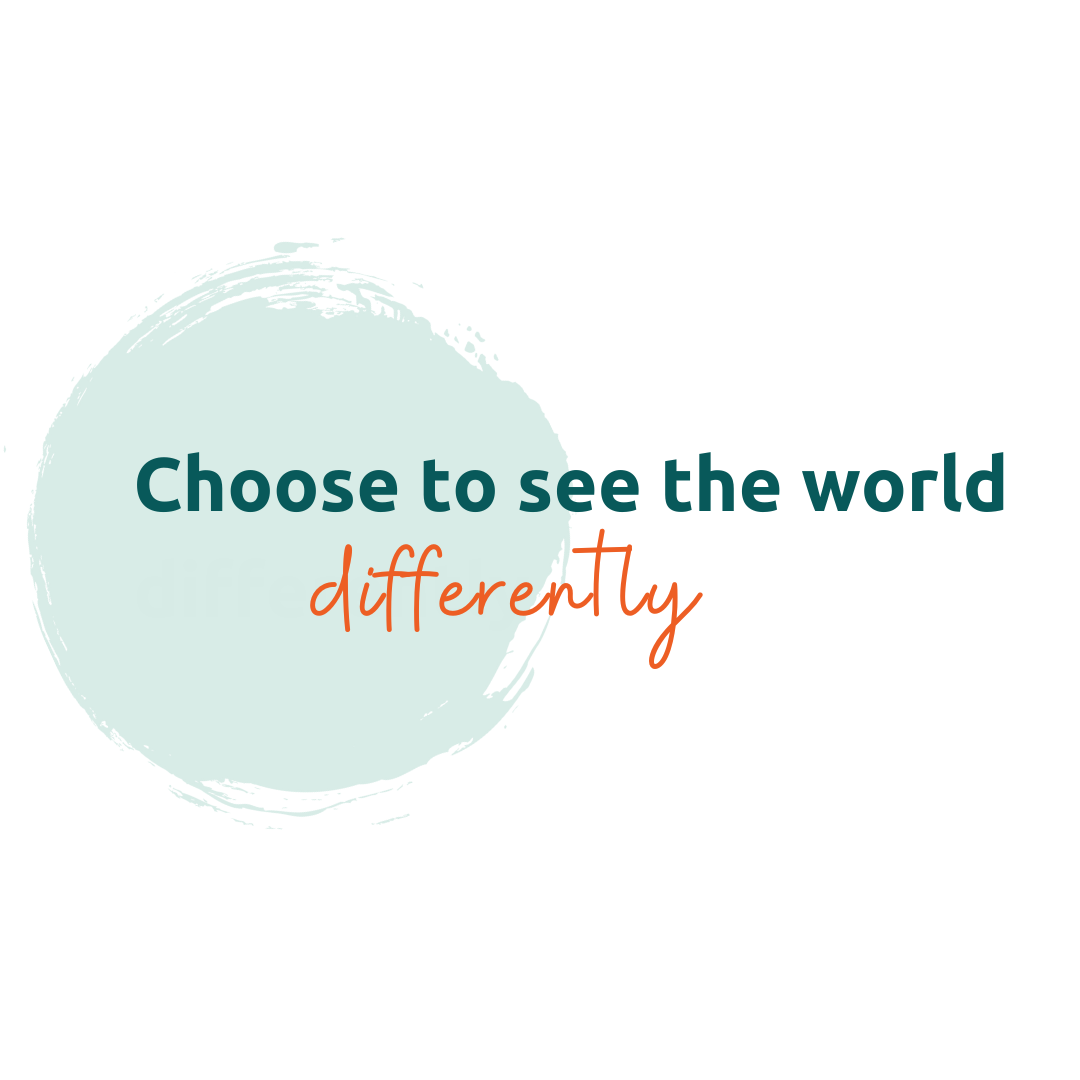
What eggcorns taught me about social change in 2025
Recently, I was proofreading my forthcoming book. I learned when proofreading, I have to read every word out loud…it’s the only way to really hear where a sentence has an awkward bit or something doesn’t quite land.
Partway through, I came across a section that used the phrase “you can home in on what matters most to you.”
I stopped.
It seemed wrong. “Isn’t the phrase to hone in?” I wondered aloud to myself.
A quick check told me otherwise: the correct phrase is actually “home in” — as in “to home in on something.” Hone in is a very common mix-up.
That’s how I learned the term eggcorn: a word or phrase that sounds right, but isn’t. The name eggcorn itself comes from a mishearing of acorn.

Here’s what changemakers say (and what we can do next).
Last month, I asked for your help in answering a big question: with trust in public institutions falling, who do we think is responsible for tackling social problems?
I heard from nonprofit leaders, public servants, business owners, consultants, activists, and community members.
The short answer? Even as trust shifts and gaps grow between responsibility and action, there's a huge opportunity. New players, new collaborations, and everyday individuals are increasingly positioned to drive real change.
Here’s the high-level snapshot…

Who do you trust with change?
One unremarkable and recent Tuesday, I asked my lunch date how they were doing. Their reply?
“Well, you know… the world’s ending.”
I’ve been hearing that a lot lately. Maybe you have too. And while it’s usually said with a laugh, there’s a real sense underneath it that the future feels more uncertain than ever.
This feeling is certainly created by some big challenges – from a tense political climate and international conflict to climate change and divided communities.
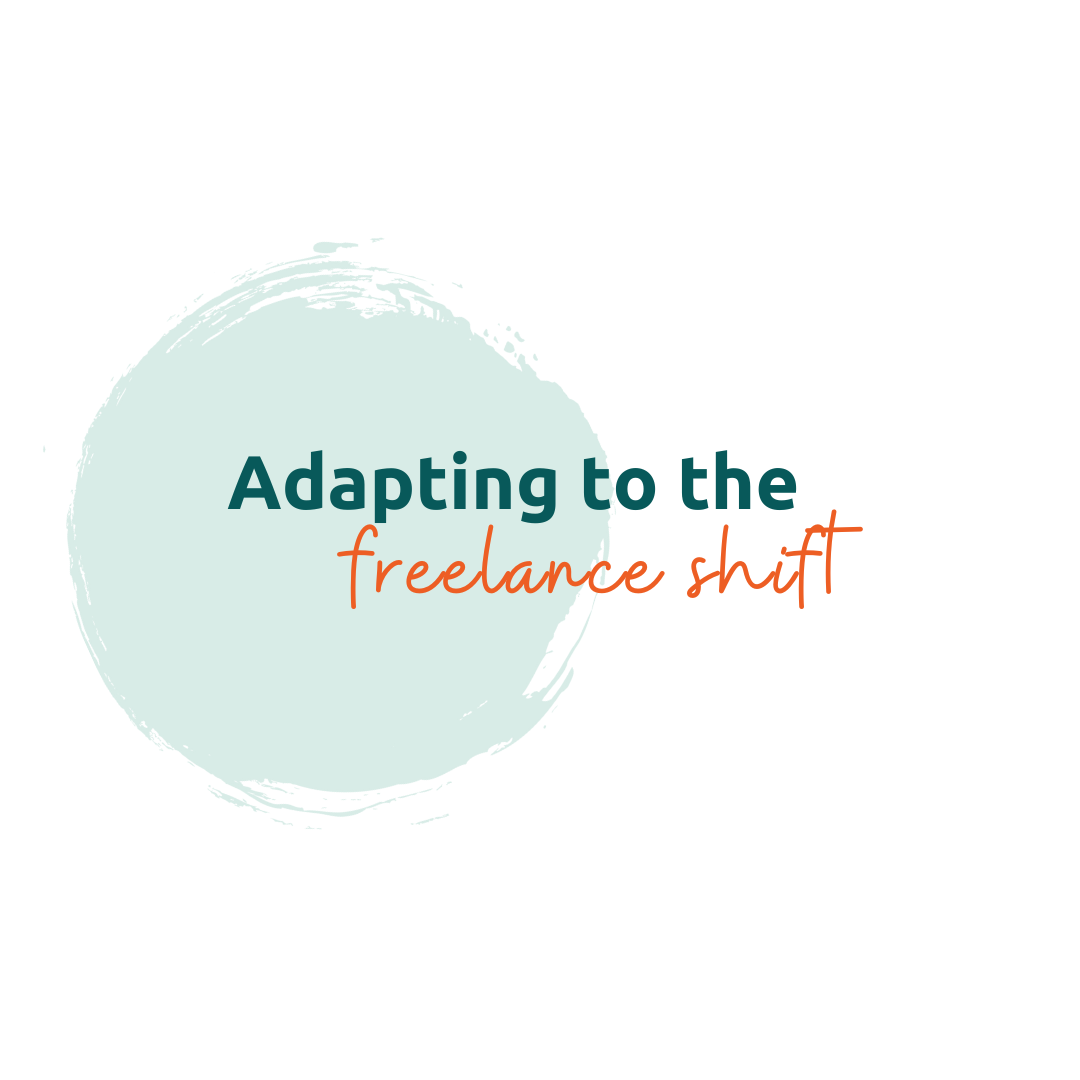
Are You Ready?
How leaders can prepare for the rise of the freelance economy.
Maybe you’ve noticed it, too: more friends, colleagues, and collaborators are freelancing or contracting than ever before. Right now, about 59 million Americans are working independently — and by 2027, more than half of the U.S. workforce will be freelancing.
The structure of the workforce is rapidly changing; and it’s a massive shift happening under our feet.
Massive change like this can feel unsettling, and there are implications for leaders and employees alike. But like with any change, there are opportunities too.
The changing landscape is also an invitation to rethink how we work, restructure support, and create thriving, flexible teams in a world where the traditional W2 model no longer fits for everyone.
This month, I’m highlighting three areas changemakers must be focusing on to build future-proofed, effective teams: skills, benefits, and culture.
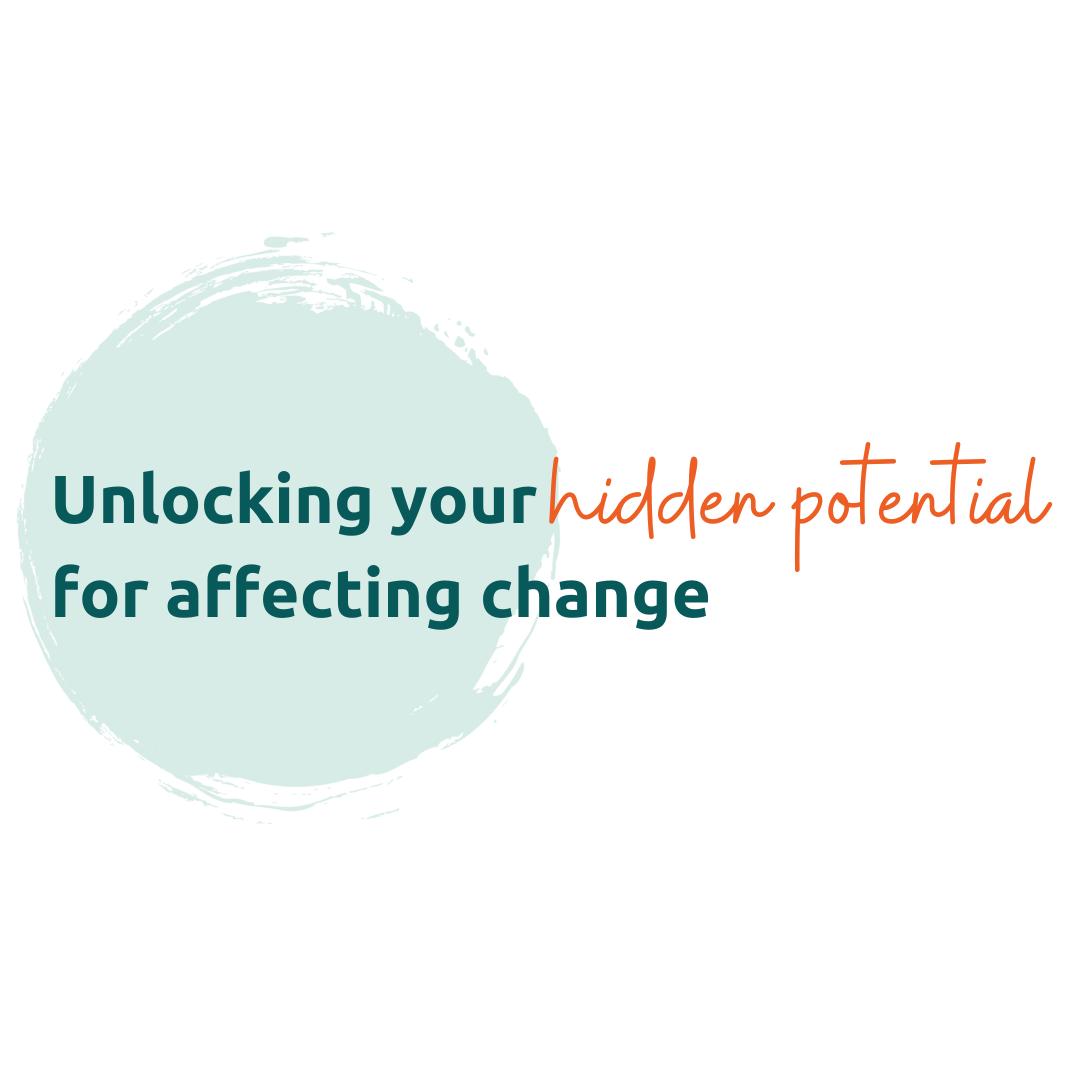
Can You Go Heavier?
How changemakers can uncover their full capacity — and use it for impact.
During a recent workout, my go-to YouTube trainer Sydney (yes, we’re on a first-name basis in my house) shared something that really stuck with me. She said: “The dumbbell weight you choose for any given exercise is based on your perceived strength — but when you push yourself and try a heavier weight, you can discover your true strength.”
It hit me immediately: this isn’t just about weights. It’s about how we show up in the world — especially in driving social change. How often do we limit ourselves based on what we think we can do, instead of discovering what we’re actually capable of?
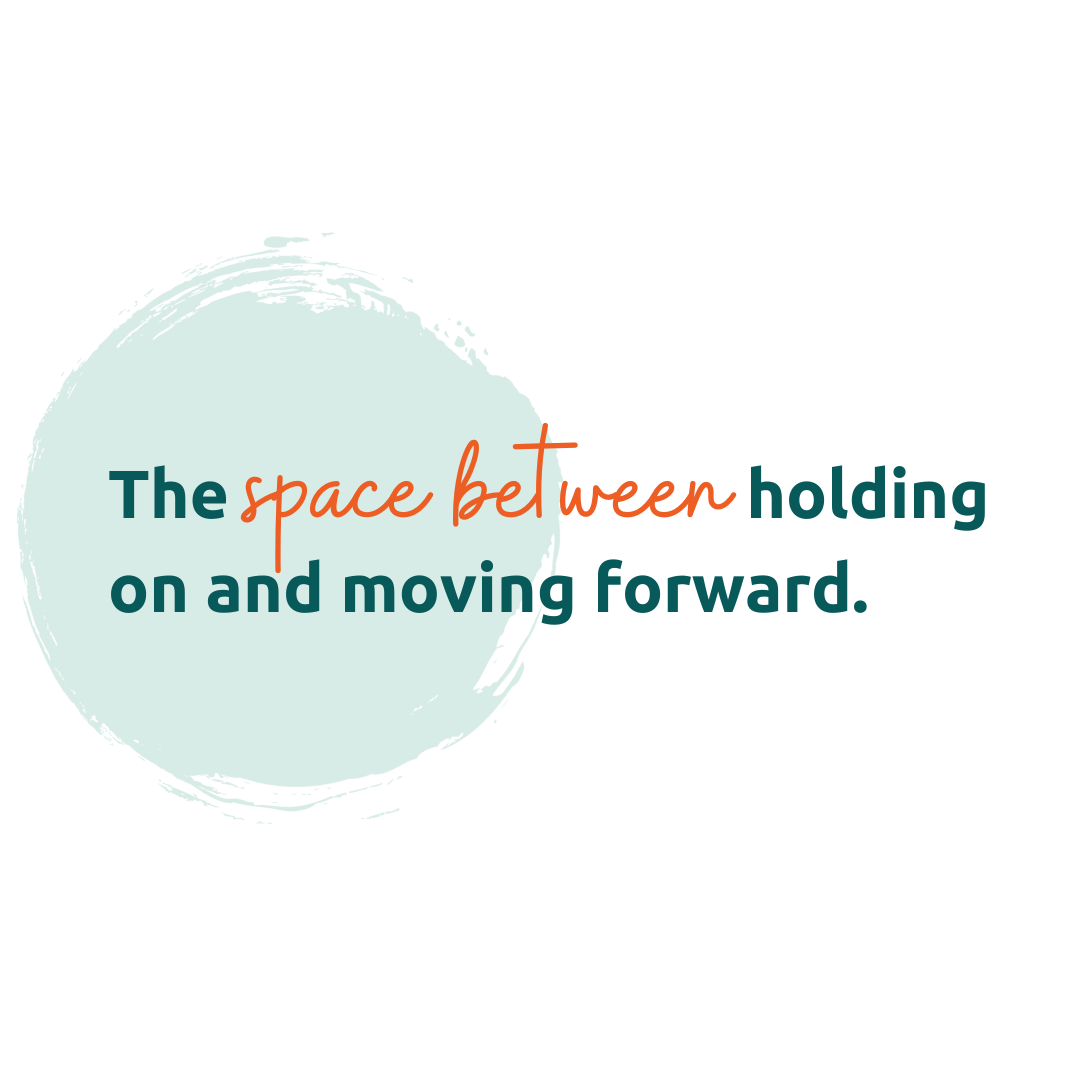
Is it over now?
We often talk about endings like they’re neat and final – a clear stopping point, wrapped up and complete. But in social change – and in life – endings rarely feel that tidy. Sometimes they come with grief. Sometimes with relief. And often, they come with both at once.
Lately, I’ve been thinking about how endings tend to fall into three buckets:
The ones we don’t want to end.
The ones we do want to end.
And the hardest of all — the ones we know need to end… but still wish didn’t.
Let me explain.

What about when celebration doesn’t feel very…celebratory?
There’s a lot to celebrate in June. This month, we commemorate Pride, Juneteenth, Immigrant Heritage Month, and more — each rooted in the fight for human dignity, safety, and freedom. They remind us how far we’ve come and celebrate the countless changemakers who fought tirelessly in the face of myriad challenges. These special designations invite us to remember, reflect, and recommit.
I’ve been thinking back to one of the proudest moments in my career — when the City of Phoenix expanded protections so LGBTQ+ people could no longer be legally discriminated against in housing, employment, or public spaces. As I walked in the Pride parade that year, side by side with volunteers and members of the Phoenix City Council, the energy was joyful and electric. It felt like we were on a clear path forward. Like the long fight for rights was finally gaining momentum.

What is fear costing you?
I have a coworker who really likes to think about their own death. Eyebrows raised during one staff meeting when their icebreaker question was: “What do you want your obituary to say?”
Fast forward to this Monday, and their weekend highlight? Playing death charades with their family. Yes, death charades — exactly what it sounds like: regular charades, except every clue is a different way to die.
Death — whether it’s our own or that of someone we love — is understandably terrifying. But it’s also inevitable. And what my coworker reminded me is this: when we talk about death openly — even laugh at it — it loses some of its bite. It doesn’t make it less real, but it does make it feel less overpowering. When we stare our fears in the face, they start to shrink.

WTF comes next for changemakers?
Since January, the social change sector has been shrinking.
It started with executive orders that immediately pulled funding and created deep uncertainty. And when things feel uncertain, organizations - understandably - start protecting their resources.
Projects get delayed or cancelled. People pause on trying new things. They wait to see what’s next.
Right now, every industry is feeling the weight of unpredictability.
At first, I thought this was just happening in marketing and communications. But after talking to other agency and business owners, I’ve realized: it’s everywhere.

Chaos is a strategy (and how to respond to it)
Chaos is a strategy. We’ve seen it before. Think about the Trump administration’s first day in office - executive orders flying, confusion, and panic rippling through entire communities. It wasn’t accidental. It was intentional. It was designed to create instability and keep people scrambling. But recognizing that chaos is a strategy isn’t enough. The real question is: What is our counter-strategy?

How to drive change when the whole world is going to sh*t
In the time between writing and sending this, there’s no doubt that a lot will have happened in the world.
The news is coming in so fast, it can feel like we’re swimming in a current of chaos. There’s real fear over how people are being affected, and it’s a tough state to exist in.
And while some of us dive into the details, trying to consume everything and be part of the fight, others seek moments of joy as a form of resistance. And then there are those who just need to detach and process in their own way. They’re all valid responses. For me, I often cycle through all three in one day.

Hope is the currency of changemakers.
We’ve all heard of fears with clinical names—arachnophobia, claustrophobia, and so many others. But what about our hopes? Why don’t they have names?
This thought struck me recently, and I realized that naming something —whether a fear or a hope— gives it power. It makes it tangible, something we can focus on and nurture. At Javelina (the branding and marketing agency I run that serves those driving social change), we name important projects to signal their significance not only for the team but for myself. Many of us name our cars or even our plants (though I stopped naming mine after too many didn’t survive—it prevented me from getting attached!).
It stands to reason that naming our hopes gives them more power and influence.
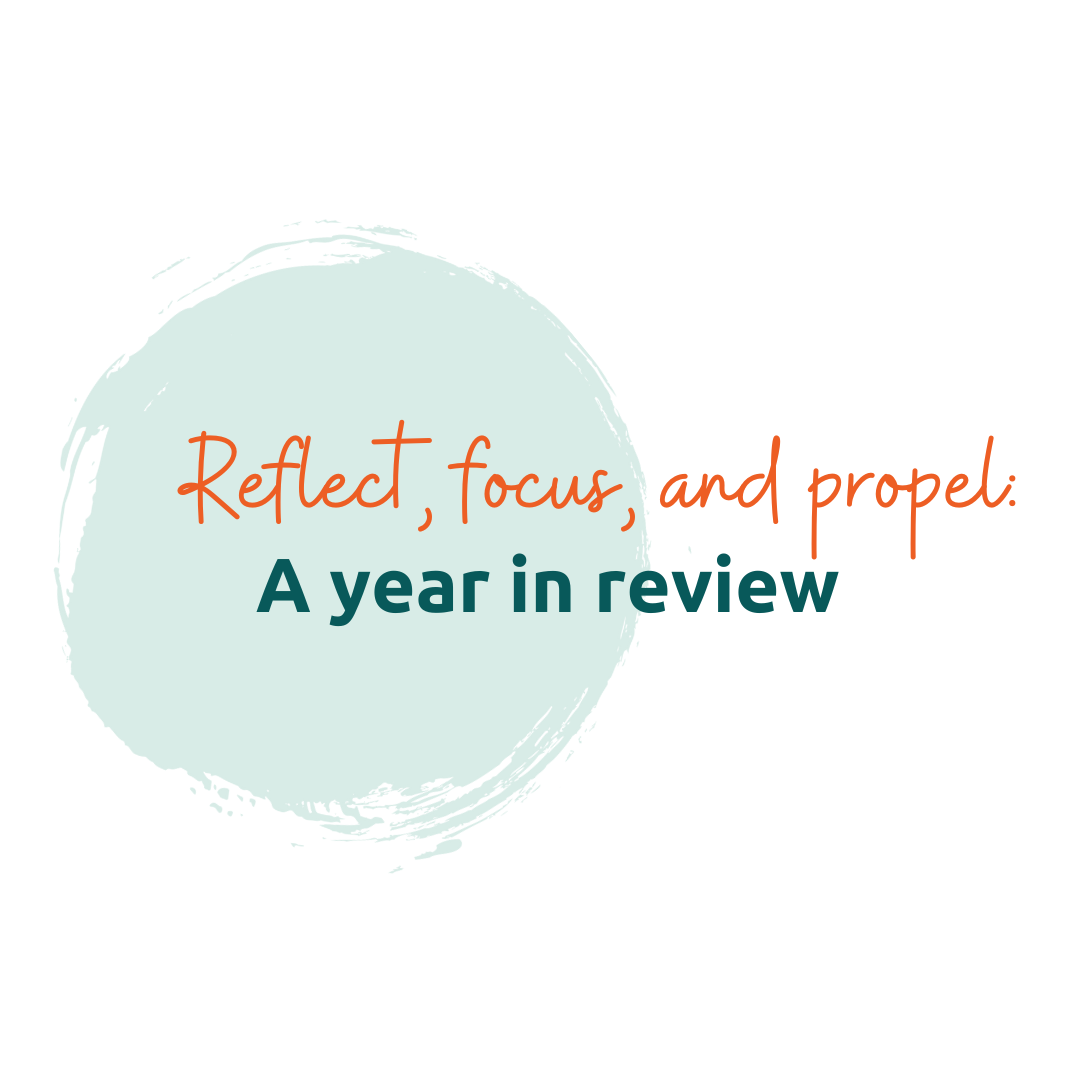
Lessons for Changemakers in 2025
At the end of the year, one of my core values shows up for me in a big way: learning. Every December, I dive into a favorite ritual—reviewing the year, reflecting on what I’ve learned, and planning for what’s next. It’s honestly one of my favorite things to do! But it’s not just about the fun of it—there’s real value in the incredible clarity it gives me. Taking stock helps me not only figure out what I want to do differently but also celebrate what’s already been accomplished.
Looking at 2024 from the changemaker’s perspective, it feels…well, let's say it's complicated. The outcome of the 2024 election was devastating for many, and the effects will ripple far beyond this year. For some, it’s still too fresh to even think about what we can learn from it and the thought of moving forward can feel overwhelming.

What to do when the path forward is completely unclear
Last week’s election result stirred up a range of emotions, and however you're feeling right now is valid. For some, a setback can bring renewed motivation - a chance to reflect on what matters most, evaluate personal values, and consider the people and causes we choose to support. For others, the weight of disappointment can feel crushingly discouraging, making it hard to see a way forward.
When it comes to creating change in the world, there are countless obstacles. Some of these challenges, though difficult, are ultimately solvable. Passing legislation to address a harmful policy, restructuring a team to better leverage everyone’s strengths, or meeting an ambitious fundraising goal - all are demanding and non-linear paths, but they’re within reach with effort and dedication.

How flipping the script can create surprising results
We all know how opposites work: up vs. down, awake vs. asleep, left vs right. We solve simple problems all day, every day by leaning into opposites:
Opening a closed door to let the air in
Tidying an untidy room to declutter our space
Turning a blasting TV off to reduce the noise
But sometimes in life - and in social change - there is incredible power in what I have come to think of as unexpected opposites: a contrasting thing or idea that is unconventional or surprising in some way.

How to build resilience for changemakers
Phew, life can be a rollercoaster, can’t it? Between navigating personal challenges, managing work stress, and just trying to keep it all together, it’s easy to feel like you’re one twist away from throwing your hands up. I heard recently that one of the most vital skills we can develop as we grow older is resilience - and I got kind of obsessed with the idea. For a while, I put pressure on myself to never feel a thing. To let things bounce off me like Teflon.
But here’s the thing: resilience isn’t about having it all figured out. It’s about finding new ways to move forward, even when the ride gets bumpy.

Banishing The Good Girl Complex
I wrote and published this blog post when I first became CEO of Javelina in 2017. It is just as personal and relevant today, though I’ve certainly changed a lot since I wrote this. In the coming weeks, I’ll be sharing an update on Catherine the Good Girl, and how I’ve reclaimed the reins of control from her hands.
I am eight, maybe nine, sitting in the back seat of the car with my younger brother. My nana and my mum are in the front. Alex and I are squabbling about something insignificant. Nana twists in her seat and says sharply: “Catherine, if you fight with your brother, he won’t talk to you when you’re older. Be quiet. Be good.”

